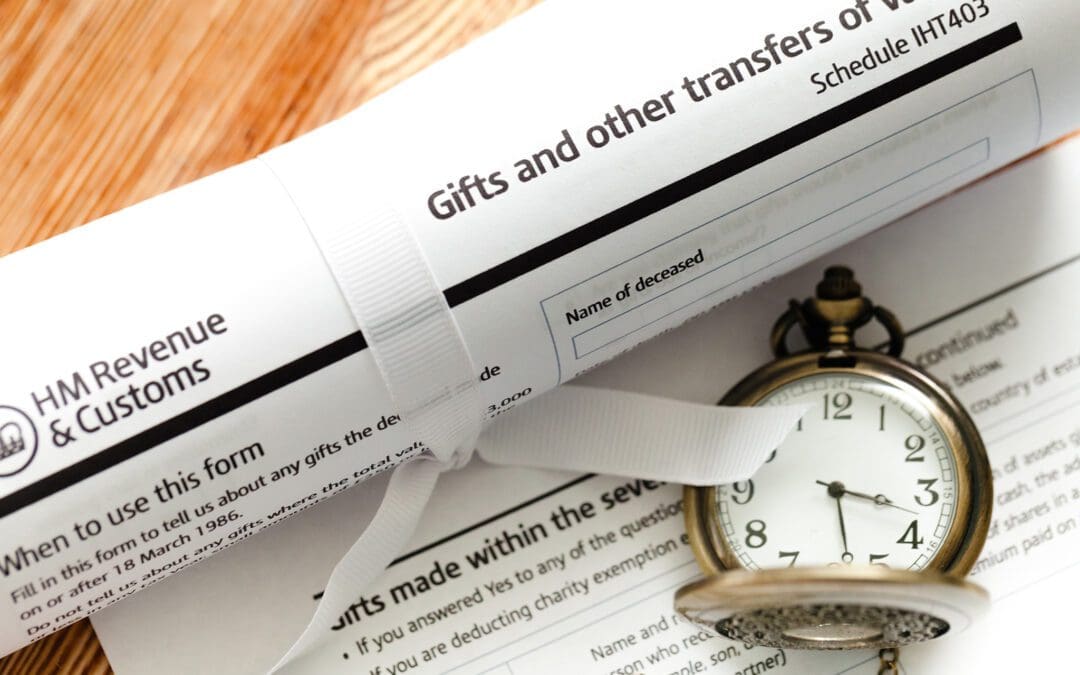
Do I need Personal Tax Advice?
Do I need Personal Tax Advice?
When it comes to tax, the rules and regulations change all the time. So, it can be hard to know whether you are still compliant with the latest relevant laws and regulations. This is where personal tax advice can be incredibly helpful. That’s why, in this post, we figured we should detail the many ways it can be beneficial.
Personal tax advice is tailored to you…
First, it’s important to understand that everyone’s tax situation is unique. There are many different types of taxes, exemptions, and deductions. So, understandably, it can be difficult to navigate them all on your own. A specialist can help you to understand the specific rules and regulations that apply to your situation. They can guide you on how to take full advantage of all available tax-saving opportunities.
Appreciating the changeable tax legislation landscape
As we alluded to above, tax laws and regulations are subject to change. In fact, they do it all the time, making it the devil’s own work to keep track of. But, this is a personal tax adviser’s bread and butter. They live and breathe tax! So, they will revel in knowing each and every change, making them best placed to keep you informed about any new laws or regulations that could affect your tax situation.
Benefits from personal tax advice if you are self-employed or a business owner
Personal tax advice can also be particularly beneficial if you are self-employed or a business owner. This is because, more often than not, you may have additional tax obligations and responsibilities. As a result, expert advice can come into its own in helping you understand and comply with these requirements. They can also assist you in identifying tax-efficient ways to structure your business. For example, they can help advise about incorporating or setting up a limited company, which can help to minimise your tax liability.
Avoiding penalties and fines
Lastly, personal tax advice can help you to avoid penalties and fines. If you make a mistake on your tax return or fail to comply with relevant laws and regulations, you may be subject to penalties and fines. So, seeking specialist help can ensure you avoid mistakes and remain fully compliant with all relevant laws and regulations.
In conclusion, personal tax advice can be incredibly beneficial for managing your finances and paying taxes in the UK. It can help you to understand the specific rules and regulations that apply to your situation, stay up-to-date with changes in tax laws and regulations, comply with additional tax obligations and responsibilities if you are self-employed or a business owner, and avoid penalties and fines. If you’re unsure about your tax situation or want to minimise your tax liability, it’s worth considering seeking personal tax advice.
We can help you there! Our in-house team of tax-planning specialists can help ensure you’re taking full advantage of the breaks and allowances available to you. And, they can give you the peace of mind to know your affairs are in line with current legislation.
So, if you’d like to alleviate some worry, please do call our tax team today on 01243 782423. Alternatively, you can email us from our contact page and someone will be in touch!
We also update our YouTube Channel regularly with new content, see here: Lewis Brownlee YouTube channel




